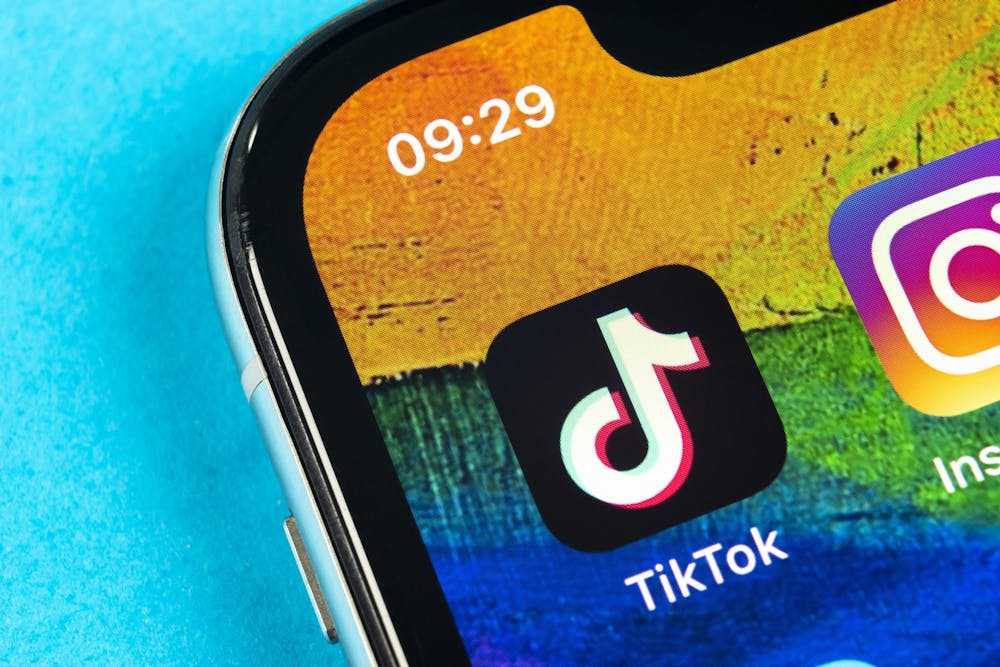If there’s one app that’s gotten the most attention in the midst of the coronavirus pandemic, it’s the video sharing platform TikTok. Ever since quarantine began earlier this year, the app has become incredibly popular. From funny trends and dance videos to cooking tutorials, TikTok provides lots of great entertainment.
Despite all of the positives, however, there are some things about the app that need to change. One issue is how TikTok handles content related to disordered eating. Those who run the app need to seriously address the dangers of videos that promote eating disorders and ought to consider adding warnings to them.
The videos in question range in the ways that they approach eating disorders. Some are clearly played for humor but nonetheless contain potentially triggering content, with users often using audio such as “eating disorder check” while showing the low-calorie foods and drinks they consume. Others, however, are a bit more insidious. There are users who record what they eat in a day, with the calorie counts coming in at a dangerous 1,000 or less.
I’ve had the app for a few months now, and in this time I’ve been struck by the number of times pro-eating disorder videos have been suggested to me. The TikTok algorithm works by suggesting content on your “For You” page, and if you like a certain video, then it will suggest similar videos in the future.
Strangely enough, my For You page has suggested a number of videos that portray eating disorders in a dangerous light, despite the fact that I’ve neither searched for such videos nor liked them. It’s understandable that the app would suggest a myriad of videos in order to help narrow down what you like, but it’s odd, as well as disturbing, that pro-eating disorder content would be the sort of the video that the app chooses to promote.
Although all eating disorders can have serious negative impacts on both physical and emotional health, it is the promotion of severe caloric restriction, which often leads to the deadly condition anorexia nervosa, that is particularly worrying. This sort of disordered eating is incredibly dangerous, and to see the app take such behaviors so lightly is both disappointing and anxiety-inducing.
These videos have created a potentially dangerous environment for those who struggle with disordered eating. Sometimes, all it takes to trigger a relapse is a single video or image. As such, I think it is paramount that TikTok add warnings to videos that promote or display disordered eating.
TikTok already does this on all sorts of videos. Anything seen as dangerous to the physical being, such as videos where people are doing stunts, is typically accompanied by a warning. It is only logical, therefore, that TikTok also add this warning to videos that depict disordered eating, since the behaviors highlighted in these videos can also cause harm to physical and emotional well-being.
Over the course of the past few months, I’ve had a great time on TikTok. I send videos to my friends and family all the time, and it’s the perfect way to beat boredom on a particularly slow day.
But the app is not without its issues, and the one I have highlighted here is one of many. In the future, those who run the app need to be aware of the responsibilities they hold and work to create an online environment that is safe for all of its users.
Molly Hayes (she/her) is a junior studying English. She plans to earn a Master of Library Science.






